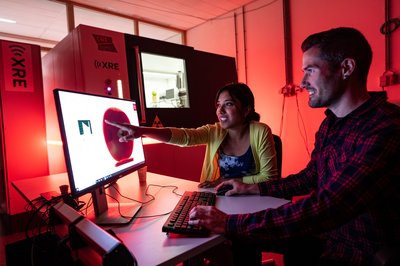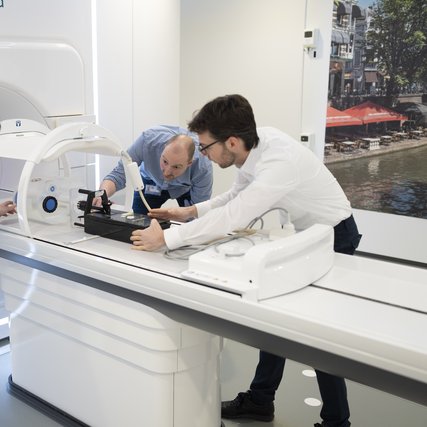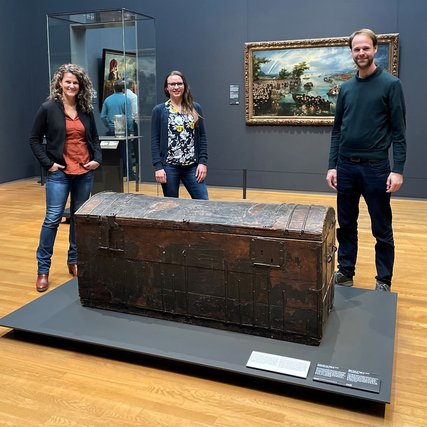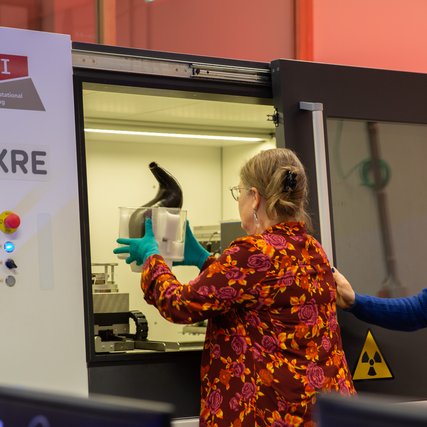Computational Imaging
Developing the next generation of 3D imaging – enabling scientists to look further into objects of all kinds.

Our research group is developing the next generation of 3D imaging – enabling scientists to look further into objects of all kinds. Based on mathematics, algorithms and numerical solution techniques, our approach is interdisciplinary, combining aspects of mathematics, computer science and physics. We pride ourselves on the versatility of our solutions, and our algorithms can be applied to a wide range of imaging in science, medicine and industry. In Computational Imaging, it’s our goal to constantly push the boundaries of research. By combining advanced image acquisition, parameter estimation, and discrete tomography algorithms for example, we are able to develop workflows for 3D electron microscopy at atomic resolution.
More information on the Computational Imaging group at CWI and its FleX-ray Lab.
Events
All events-
StartEndAn event connecting researchers working on experimental and computational aspects of scientific imaging
Publications
All publicationsSoftware
Courses
-
Inverse Problems in Imaging(3 Feb 2025 - 19 May 2025)
-
Introduction scientific computing(1 Jan 2025 - 1 Mar 2025)
-
Introduction scientific computing(30 Jan 2023 - 24 Feb 2023)
-
Laboratory class scientific computing(1 Jan 2023 - 31 Mar 2023)
-
Inverse Problems in Imaging(6 Dec 2022 - 1 Feb 2023)
Current projects with external funding
- COmputaNal Imaging as a training Network for Smart biomedical dEvices (CONcISE (101072354))
- the Center for Optimal, Real-Time Machine Studies of the Explosive Universe (CORTEX)
- Dynamic X-ray Computed Tomography using Deep Generative Networks (None)
- Translation-Driven Development of Deep Learning for Simultaneous Tomographic Image Reconstruction and Segmentation (None)
- Computational Imaging for quality inspection in fruit sorting (PPS Greefa)
- Universal Three-dimensiOnal Passport for process Individualization in Agriculture (UTOPIA)
- Enabling X-ray CT based Industry 4.0 process chains by training Next Generation research experts (xCTing)


























